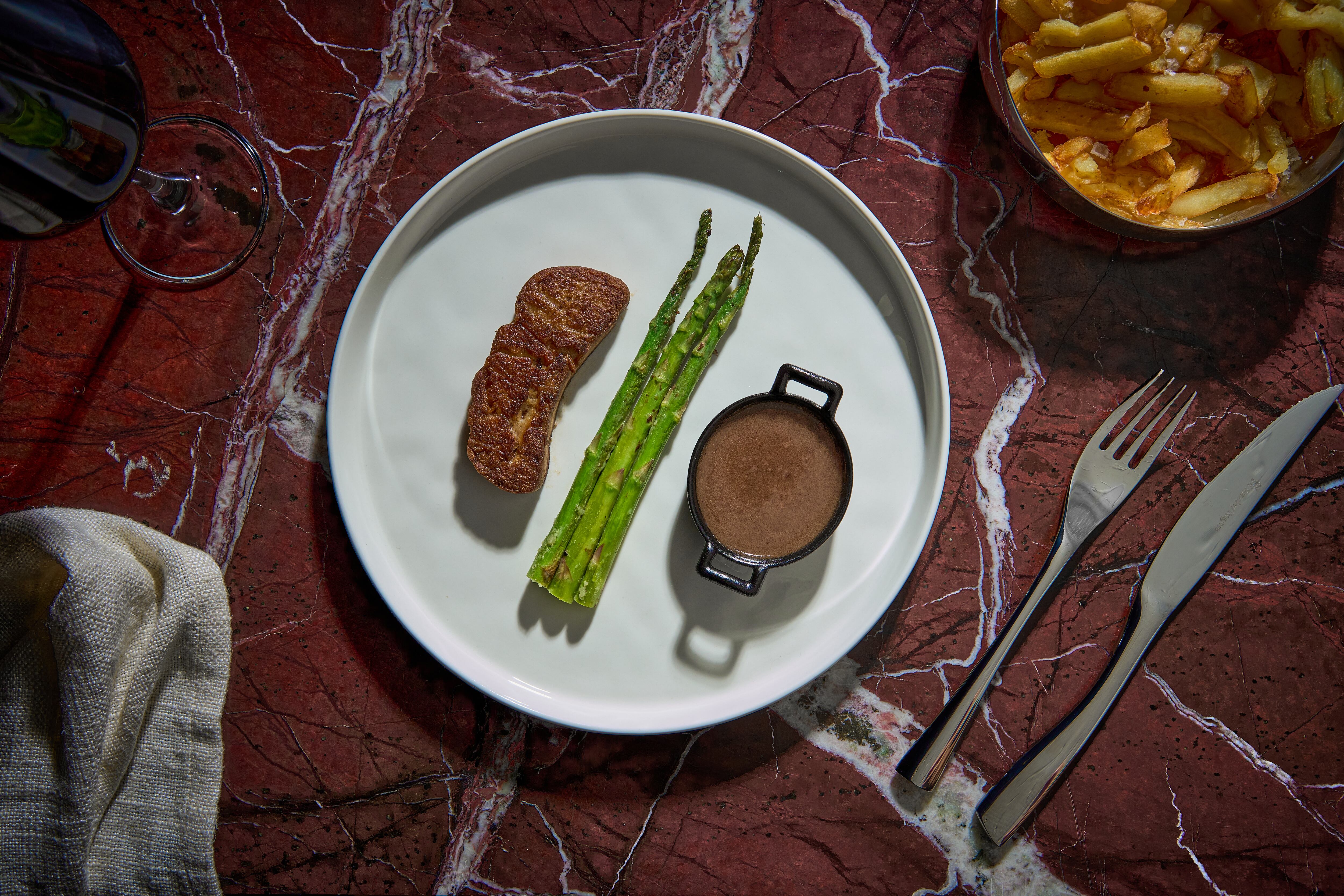Cultivated meat innovation gains momentum globally as advancements in production and regulatory processes give the industry a much-needed boost.
Startups like Nourish Ingredients, which recreates meat and dairy fats using precision fermentation and fungal strains, and Savor, which produces butter using various carbon sources and hybrid fatty acid blends, aim to create sustainable fats.
Meanwhile cultivated meat companies Vow and Mission Barns are securing critical regulatory approvals for their products, paving the way for commercial launches around the world.
Future Food-Tech Chicago explores sustainable proteins and ingredients June 2-3, 2025
Future Food-Tech Chicago is where breakthrough innovators unite with global food corporates, investors, ingredient providers, manufacturers and policy makers to forge partnerships, bridge supply gaps and discover the next generation of sustainable proteins and ingredients.
Check out the agenda here and register here for early-bird access through April 24.
Vow lands regulatory approval in Australia and New Zealand
Australian cultivated meat startup Vow recently completed one of the largest production runs of cultured meat to date, manufacturing more than 1,200 pounds of its cultured Japanese quail in just one week – following a 650-pound batch the month prior, according to the company.
With approval from Australia-New Zealand food regulator FSANZ following a 60-day review period for food code changes, Vow’s commercial production could help meet the growing demand for cultivated meat in Singapore, and eventually Australia and New Zealand, according to the company.
“This FSANZ milestone, coupled with our record-breaking production, represents a pivotal moment for cultured meat globally. We have shattered the conventional wisdom about scalability limitations in this industry. What we are demonstrating in Singapore (and soon in Australia) is not just proof of concept – it is proof of commercial viability,” explained Vow CEO George Peppou.
He continued: “By winning regulatory approvals and solving production challenges simultaneously, we are dramatically compressing the timeline for mass-market adoption. The economics are evolving rapidly as our scale increases, putting us on track to achieve price parity with premium conventional meat much sooner than industry observers have predicted.”
Vow’s regulatory approach is an “open book,” for FSANZ regulators, with the startup readily providing data and hosting in-person facility visits for different agencies “to help them understand our process, workflows and risk controls,” and a potential example for other regulatory frameworks, Peppou said.
He added: “We believe that this transparency, and the collaborative partnership it created, played an important role in allowing FSANZ to develop what is one of the most thorough and forward-thinking regulatory frameworks for cultured meat anywhere in the world.”
Vow’s ‘unique’ design and engineering significantly boosts production
At the heart of this scale-up is Vow’s in-house designed, food-grade 20,000-liter bioreactor, engineered by former SpaceX engineers in under 14 weeks and for under $1 million. This system expands production capacity to 35,000 liters at a fraction of the cost and time typically seen in the industry.
“We have fully vertically integrated production system design rather than relying on traditional bioprocess vendors, we have created a system that’s both more cost-effective and precisely tailored for cultured meat production,” said Peppou.
The bioreactor’s “unique” design and engineering stems from a range of technical innovations across welding, process software, automation and instrumentation, Peppou said.
“This vertical integration has allowed us to iterate faster, reduce capital expenses by over and dramatically accelerate our timeline. We believe this model, which combines purpose-built reactors with proprietary process optimization, will enable us and other cultured meat companies to achieve commercial viability in 2025,” he added.
With its second facility now ready, Vow immediately can harvest up to 2,200 pounds of quail per month, and projects a 10x to 50x increase in capacity by year’s end – surpassing the scale of most players in the cultured meat space, according to the company.
Mission Barns joins the ranks of Upside and Eat Just for its FDA clearance on cultivated pork fat
Last month Mission Barns received a ‘no questions’ letter from FDA to move forward with its cell cultivated pork fat in retail and restaurants.
Its flagship products, Italian Style Cultivated Meatballs and Applewood Smoked Cultivated Bacon, are made with cultivated pork fat and plant protein.
The company partnered with San Francisco-based Italian restaurant group Fiorella for its first launch and plans to sell its cultivated pork fat at a national supermarket chain – potentially becoming the first cultivated meat product on US grocery shelves, ahead of competitors Upside and Eat Just, which received FDA ‘no questions’ letters for cultivated chicken in 2022 and 2023, respectively.

